Dear Friends and Neighbors,
This session, I was particularly focused on ensuring access to affordable health care for all. We passed laws to expand access to free or reduced-cost health care, protected consumers from unfair billing practices, and passed a budget that improves pay and working conditions for our health care workforce. Below I will highlight several pieces of legislation I sponsored and budget investments that aim to improve the health and well-being of Spokane and our state.
Expanding Free School Meals Now
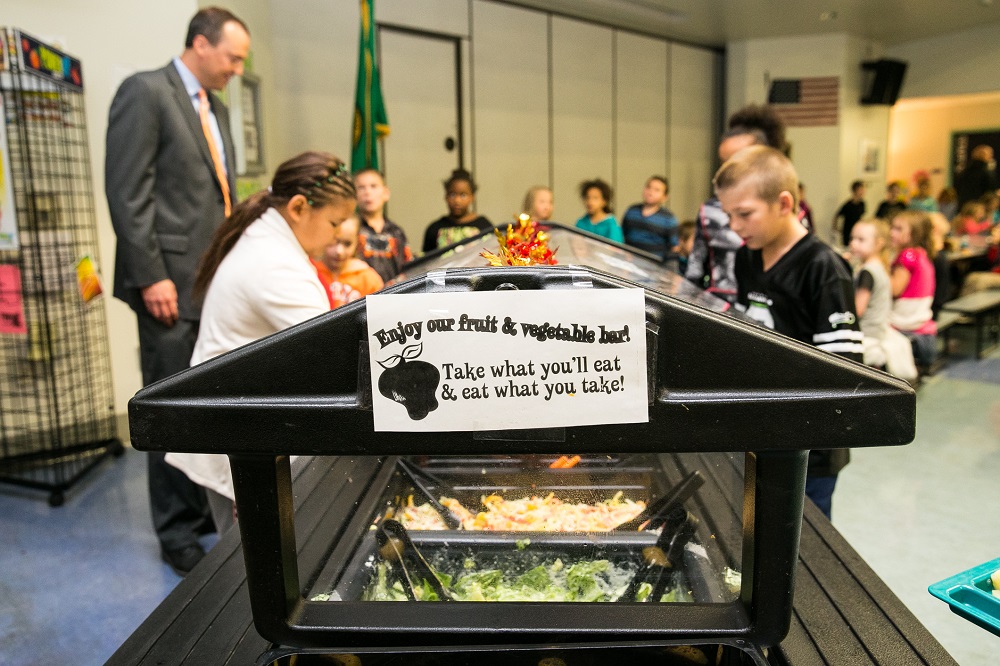
Food is health. Consistent access to nutritious food is a part of how we protect kids from getting sick while ensuring they have the fuel they need to learn, grow, and play. And free school meals are the most effective way to ensure that all of our kids are getting the food they need to thrive.
This session I sponsored and passed HB 1878 requiring all schools to participate in the Community Eligibility Program (CEP) if they are eligible under USDA rules. CEP provides funding for schools to serve free meals to the entire school. In 2020, I passed legislation which expanded CEP to 491 schools serving over 204,000 students. This expands the program to an additional 626 schools and over 92,000 students, including an additional 12,000 in the Spokane area. HB 1878 includes funding to ensure those school districts do not have increased costs or an unfunded mandate. Feeding kids can’t wait.
Making Prescription Drugs More Affordable
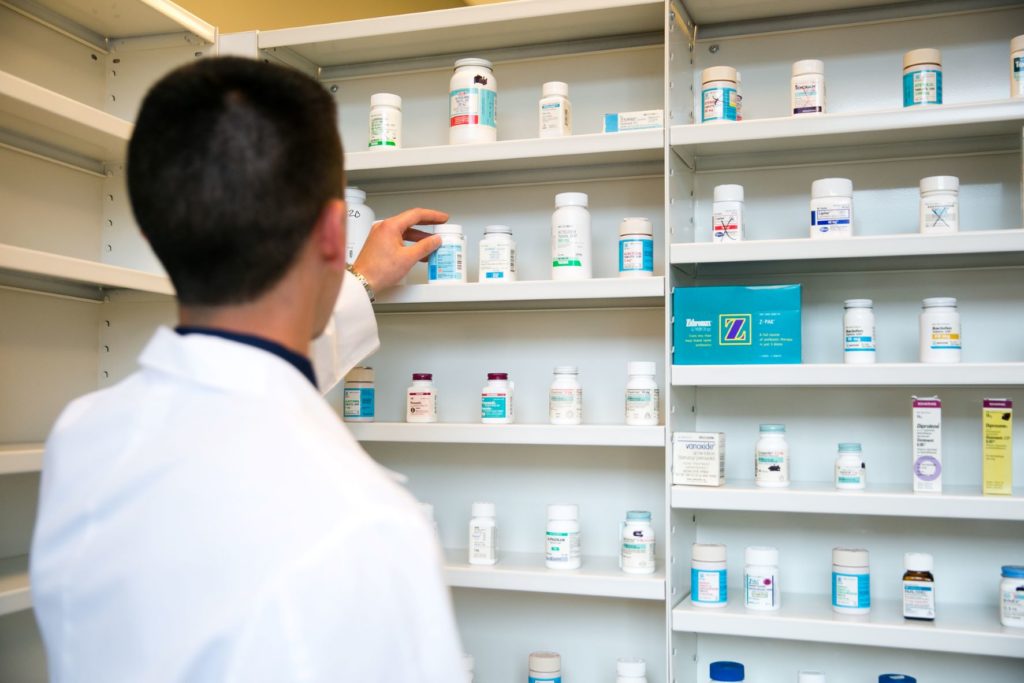
High prescription drug prices are a massive burden on low-income and older Americans. Average Medicare Part D enrollees take between four and five prescriptions every month. And prescription drug prices continue to rise. That is why I sponsored HB 1671, a companion bill to SB 5532, which passed the Legislature this year. SB 5532 sets up a Prescription Drug Affordability Board. Currently, drug companies justify their price hikes by claiming it is a reflection of the high costs associated with drug development. However, we have no way of knowing if that is the truth or if they are simply pricing to “what the market will bear.” Current prescription drug price increases are not sustainable. The Prescription Drug Affordability Board will be able to provide aging Washingtonians some relief.
Expanding Access to Telehealth
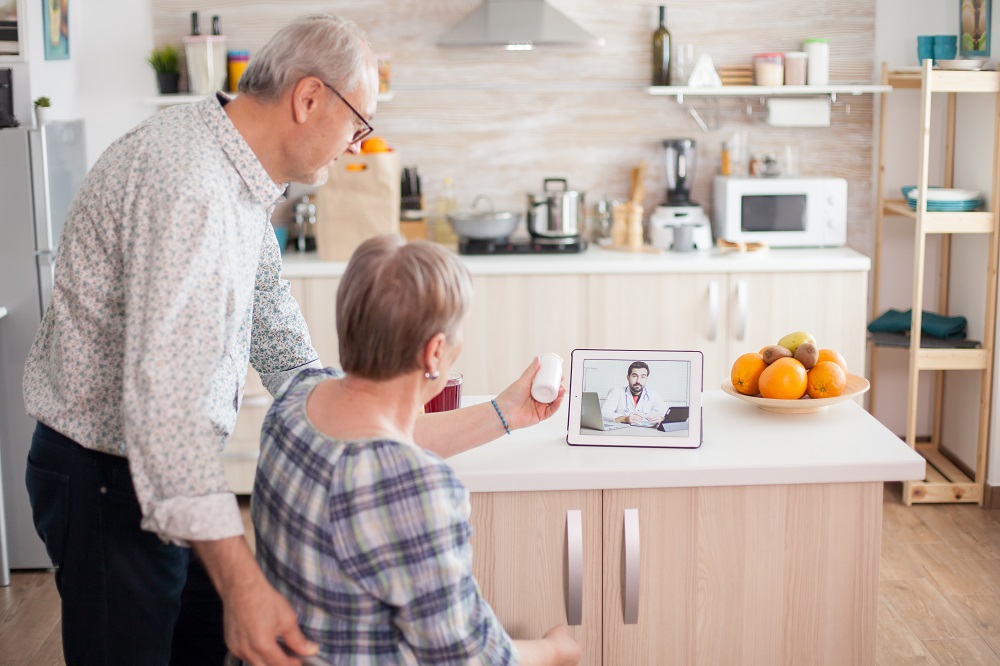
The COVID-19 pandemic led to the necessary and rapid expansion of telehealth. Telehealth is a safe and easy way for people to get medical advice without risking the spread of COVID-19 or traveling. The emergence of telehealth throughout this pandemic has made healthcare more accessible. That is why last year I sponsored HB 1196 which ensures that those gains in accessibility are also equitable. Audio-only telehealth allows those without a computer or broadband access to just as easily gain access to a doctor and rapidly get medical advice. This has been particularly beneficial for those who needed behavioral health access and counseling during the pandemic, and impactful for our rural communities where audio-only might be the most reliable option for telehealth.
Maddie’s Place
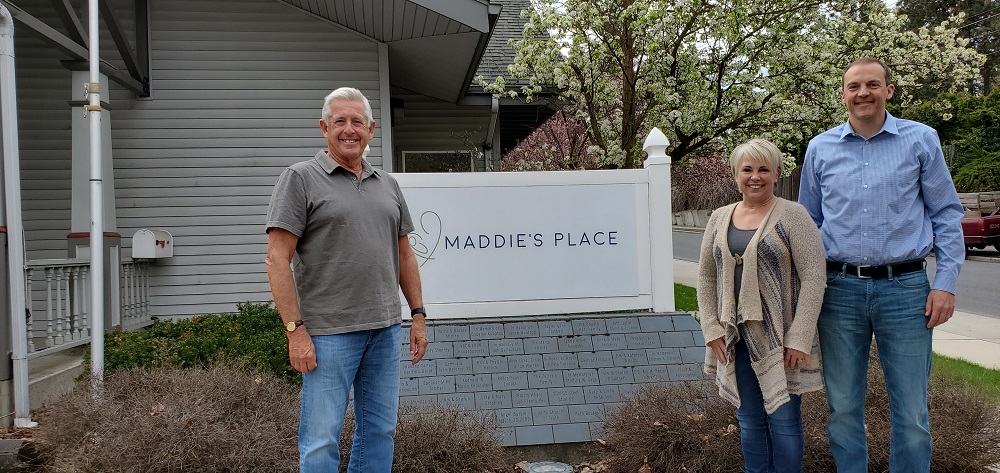
Earlier this week, I stopped by Maddie’s Place on the South Hill. They are getting close to completing a remodel of the country’s fourth Pediatric Transitional Care Facility. This facility will house and treat drug-addicted newborns and work to create lasting bonds between them and their mothers. I was pleased to help secure $644,000 in Capital Budget dollars to help with construction. Once the remodel is complete, organizers hope to be able to serve 17 babies. Unfortunately, they believe the need is for one thousand babies in our region. They are hoping to be able to help treat 200 and their mothers annually.
Budget Investments in Health and Wellness
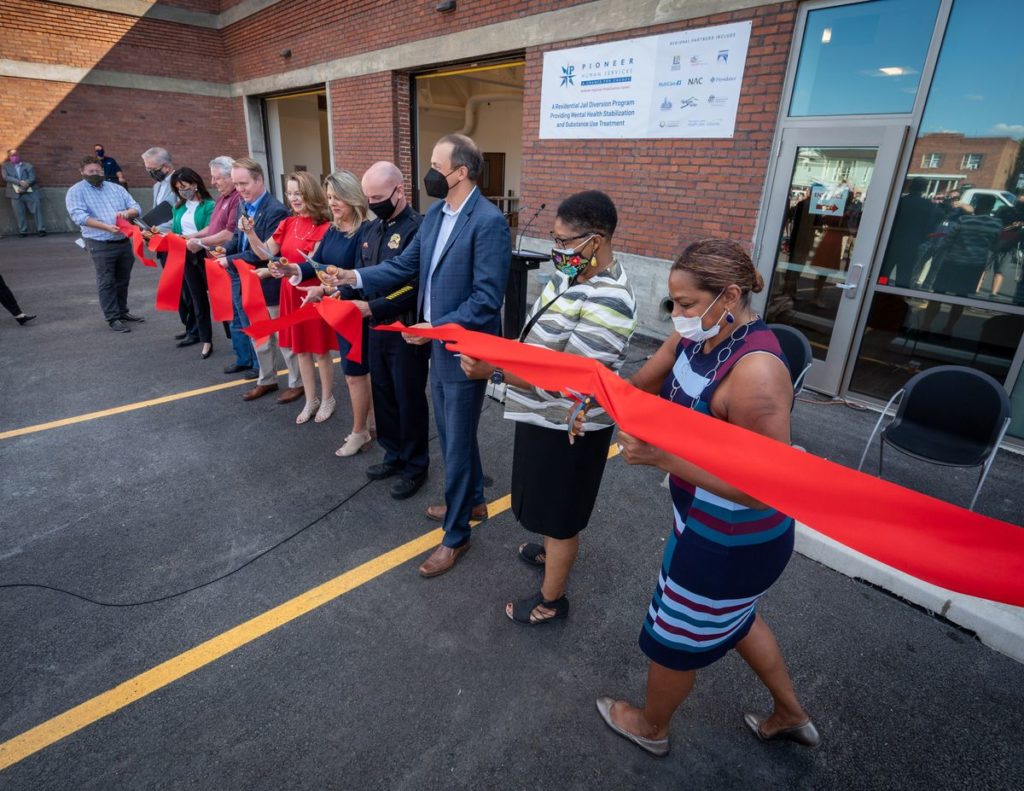
Behavioral Health Budget Funding
- $24 million to fund housing and employment for individuals struggling with behavioral health issues.
- $23 million for expanded opioid response programs and supports.
- $35 million to fund crisis, outreach, and diversion programs.
- Championed $700,000 in the Capital Budget to create the Northeast Spokane Behavioral Health Center in the former Hillyard Library.
Nursing Education and Support
- $46 million for increased funding for health care workforce and training.
- $37 million for nurse education opportunities and tuition assistance, so we can get more nurses out into communities.
- Specific funding to establish a Bachelor of Nursing program at EWU with 60 new slots located in the University District.
Public Health and Health Care Funding
- $125 million for continued funding for Department of Health (DOH) vaccine administration, contact tracing, and testing.
- $22 million for increased dental rates for children in Apple Health.
- $20 million for public health information systems.
It is my honor to serve you!
Sincerely,

Rep. Marcus Riccelli
